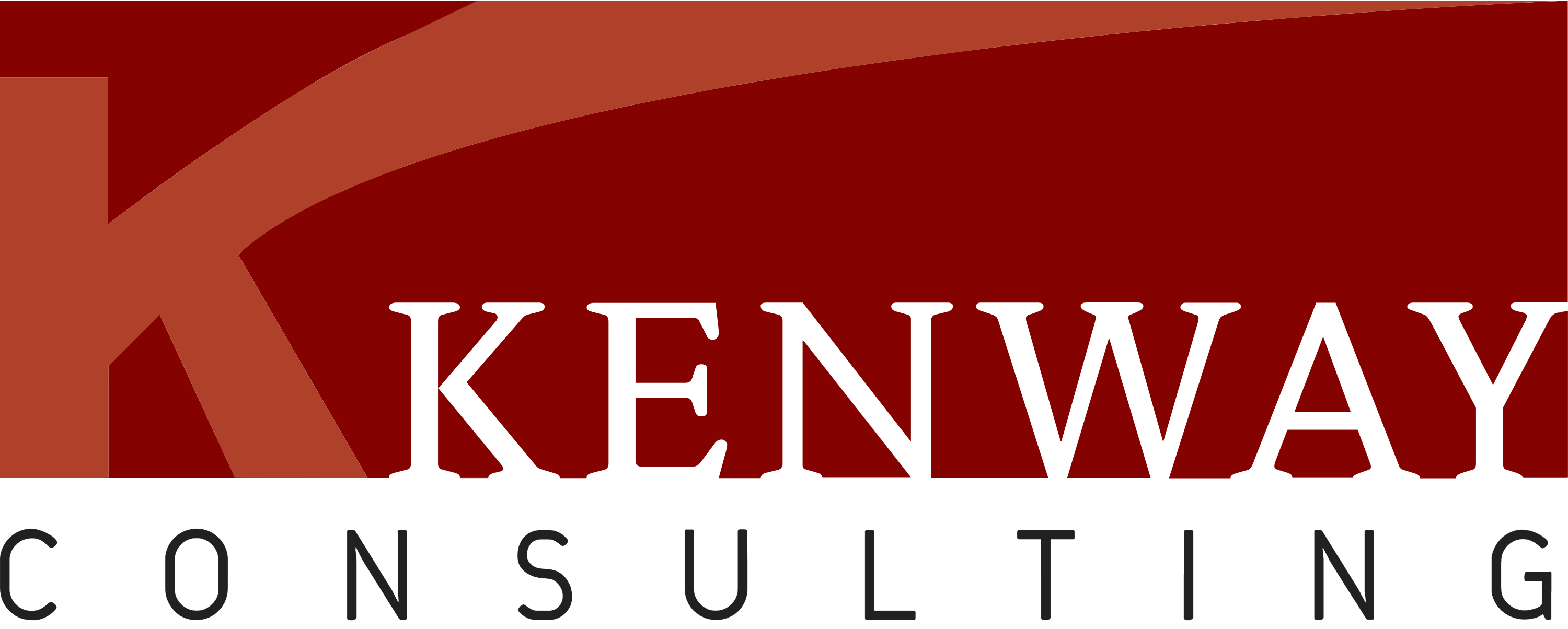Transitioning Information into Knowledge

Transition, by definition, is a change from one state or condition to another.
At Kenway Consulting, we are regularly tasked with project transitions—managing the movement of information and resources from one project phase to the next. We recognize that project transitions may introduce significant risks to the project if they are not properly planned and managed. As consultants often times providing clients with project management services, we seek to mitigate these potential risks by actively managing the transitions and their various components.
One of our guiding principles at Kenway is to include in all engagements, a plan to transition knowledge to clients through training, tools and alternative resources. Having a well-structured Transition Plan has several measurable benefits for our clients as well as for Kenway personnel.
For our clients, the transition plan helps to ensure that we have documented and communicated all project deliverables. It allows the client to receive the full benefit of our services by giving them access to all of the information gathered and knowledge capital created during the project. Furthermore, it prepares them to utilize and support the final solution, after Kenway has rolled-off the engagement.
For Kenway Consultants, the transition plan enables us to verify the readiness of the clients’ organization to take on full ownership of the new service or project outcome. Our clients’ ability to take the ownership is a measure of our success and a demonstration of the value that we provide.
When creating a transition plan, the type of information included and questions addressed will vary between engagements. However, the key attributes of an effective transition plan answer four key questions:
- What is going to be transitioned? – The component to be transitioned may be a project deliverable, a specific task that needs to be performed, or a required skill. The quality of the information shared is critical not only to the success of the transition, but often to the project itself. A best practice is also to allow for a third party QA of the transition plan.
- Who is involved in the transition? – At a minimum, the following resources should be included in the transition: the current owner(s) of the information, the future owner(s) of the information, and any other Subject Matter Experts (SMEs) that can provide additional details or support. Ideally, all of the participants in the transition effort will have been involved in the project; however, this is not always the case. For example, if the transition is being completed due to a sudden staffing change, then the future owner is likely new to the team. In this case, the role of the SME takes on additional importance as they have to inform the new resource about the project background as well as their role moving forward.
- When will the transition take place? – When will the transition start and how long will it take to complete? Project variables and risks need to be factored into the timeline to provide accuracy and help with mitigation planning. Changes in project leadership or key contributors should be planned in a way to minimize the disruption to the project. Alternatively, the unplanned loss of a key resource needs to be addressed quickly in an effort to capture their knowledge as quickly as possible and to keep the project on schedule.
- How will the transition be accomplished? – The options vary based on the type of information as well as the location and skill level of the participants. Documentation, formal or informal training session, and face to face Q&A are some of the most common methods used.
Transition Plans are standard deliverables identified within the various project management methodologies and frameworks. For example, the ITIL® Service Management framework proposes a Knowledge Management process using a continuum of Data, Information, Knowledge and Wisdom. Data is composed of distinct elements that can be cataloged. It is relatively straightforward to capture and communicate. Information, on the other hand, requires the use of data in a structured or contextual way. Knowledge is comprised of the processes, tools, and experiences that make the information valuable. Knowledge is developed over time and is based on analysis and expertise. Finally, Wisdom can be described as the ultimate application of Knowledge. ¹
Einstein said it simply, “Information is not Knowledge,”² and, well, of course we agree. At Kenway Consulting, we strive to ensure that we are developing and implementing value added solutions, and enabling our clients to transform information into knowledge.
Does your organization suffer when consultants leave and turn things over to the steady state? Consider using Kenway on your next initiative and benefit from the fact that we view our biggest success to be your success, especially after we are gone. For more information knowledge about Kenway’s approach to project transitions, contact us at: info@kenwayconsulting.com.







